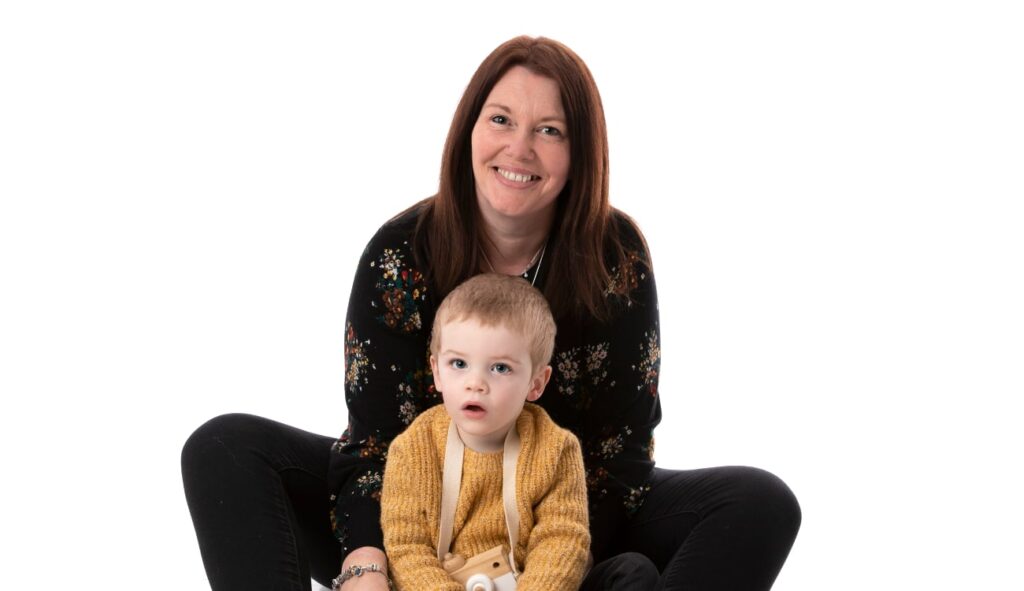When it comes to autism, the right support can make a huge difference in someone’s life. But sometimes, the cost of specialised services, therapies, or equipment can feel like a barrier. That’s where autism grants come in. These grants are designed to help individuals and families access the resources they need, without the financial strain. But how do you find them, and what can they be used for? Let’s take a closer look.
If you’re not very familiar with autism spectrum disorder (ASD) and how it can affect people differently, you might want to start with our What Is Autism Spectrum Disorder (ASD)? blog. It gives a helpful overview before diving into the different types of support available.
What Are Autism Grants?
Autism grants are financial awards given by various organisations, charities, and government bodies to help cover the costs of support for people with autism. These grants can vary in size and purpose, and they are usually meant to assist with things like therapy, specialised equipment, or even educational support. While they aren’t going to cover everything, they can help lighten the load and make life a bit easier for those affected by autism.
What Can Autism Grants Be Used For?
The way autism grants can be used depends on the specific grant and what it’s intended for. Some of the most common ways grants can help include:
- Therapies and Treatments: Grants can help cover the costs of therapies like speech and language therapy, occupational therapy, or social skills training, which can be crucial for someone with autism.
- Educational Support: Many children and young people with autism need additional educational support. Grants can be used to help fund things like special educational needs (SEN) provision, classroom assistants, or assistive technology.
- Sensory Equipment: For many people with autism, sensory sensitivities are a real challenge. Grants can help provide sensory-friendly equipment, such as noise-cancelling headphones or sensory toys, to make daily life a bit more manageable.
- Respite Care: Caring for a person with autism can be demanding, and respite care services can give carers a much-needed break. Some grants can help fund short-term care, so families can recharge and maintain their own wellbeing.
- Access to Community Activities: Some grants focus on enabling people with autism to participate in activities that may otherwise be out of reach. Whether it’s funding for a special outing, or support for enrolling in a community programme, these grants help with social inclusion.
How to Find Autism Grants
Finding the right grant can be tricky, but there are plenty of resources available. Here are a few places to start:
- Autism Charities: Many autism charities, like the National Autistic Society (NAS) or Autism Alliance, offer grants or can point you in the direction of other funding options. They often have up-to-date information on available grants, and they may offer their own funding programmes.
- Local Authorities: Your local council may have funding options or can direct you to grants available in your area. It’s always worth getting in touch with your local authority to ask about specific services and financial support they might offer.
- Government Schemes: There are also government-backed schemes that provide financial assistance. This could include disability living allowance (DLA) for children with autism or personal independence payment (PIP) for adults. These benefits can help with the extra costs that come with autism.
- Charitable Organisations and Trusts: Numerous smaller charities and trusts, provide grants for specific needs. Some focus on helping children with autism access education, while others focus on supporting adults or funding specific therapies.
- The Nigel Prosser Foundation: We collaborate with a range of charities and can help you find the right support for your situation. From trusted organisations, grant providers, or local services that specialise in autism-related support, we can help connect you. Contact us today!
- Online Databases: Websites like the Grant Finder or Turn2Us offer searchable databases that help you find grants available for a range of needs, including autism support.
Applying for Grants
The process for applying for autism grants can vary, but generally, it involves the following steps:
- Check Eligibility: Before applying, make sure you meet the eligibility requirements for the grant. Some grants may be aimed at people with specific needs or in certain locations, so double-check the criteria.
- Gather Information: You’ll often need to provide supporting documents, such as medical evidence of the autism diagnosis, details of the support needed, and information about your financial situation.
- Submit the Application: Once you’ve gathered everything, complete the application form and submit it according to the instructions. This could involve sending it by post, submitting it online, or even attending an interview in some cases.
- Wait for a Decision: The review process can take some time, but once your application is processed, you’ll be informed about whether you’ve been awarded a grant. If successful, you’ll receive details of how the funds can be used.
Our Personal Experience with Autism Grants
When we started looking for support for our son, Toby, we discovered just how helpful grants can be. We’ve personally used charities like Family Fund to apply for grants that we needed for Toby. With Family Fund, you can apply every 24 months, and you’re able to request up to three grants from a list of available options. For us, the process was straightforward, and the support we received was a lifesaver.
We were awarded a voucher for clothes and sensory equipment, which made a huge difference at the time. Toby has a lot of sensory sensitivities, and having access to the right equipment, like calming sensory toys, really helped him feel more at ease.
In addition, we applied for a grant from Newline Charity for a specialist pushchair – an Excel Elise pushchair. Toby had grown too big for a regular pushchair, and given that he has no awareness of danger, he would often just run in front of cars or onto the road. Having the Elite Elise pushchair delivered to us within two weeks of applying was such a relief. It’s the safest option for us and ensures Toby stays secure while we’re out and about. Honestly, I’d be completely lost without it.
There are so many grants available to families who need them – it’s just about knowing where to look. These grants are a lifeline, and for us, they’ve really made a difference in ensuring Toby’s safety and wellbeing, as well as helping us manage the day to day challenges of raising a child with autism.
Easing The Burden People Face
While the process of finding and applying for grants can feel a bit daunting, the financial help available can make a real difference. Whether it’s funding therapy, supporting educational needs, or just helping with everyday expenses, autism grants are there to ease the burden and ensure that individuals with autism and their families get the support they deserve.
It’s always worth reaching out to organisations, charities, like us, and your local council to see what’s available. You’re not alone and there’s help there, every bit of support can make life just that little easier like it did for us with Toby.






0 Comments